 |
 |
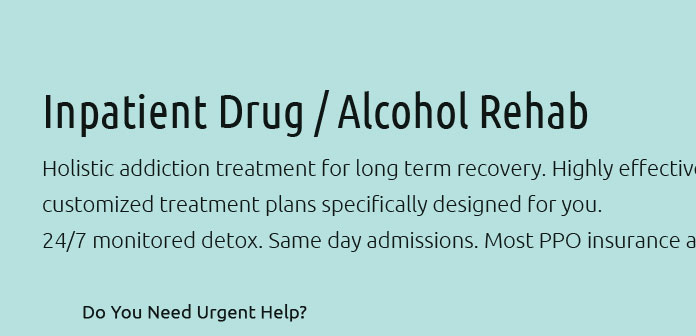 |
 |
 |
 |
||
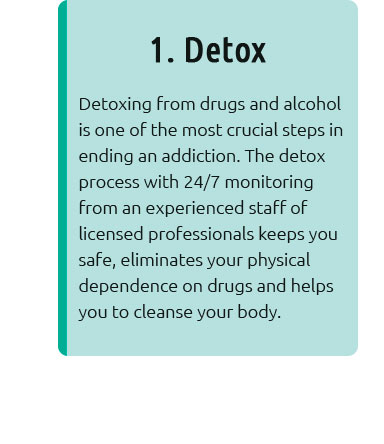 |
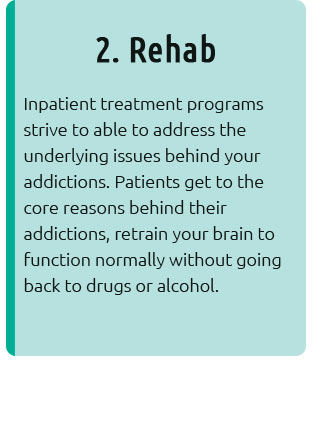 |
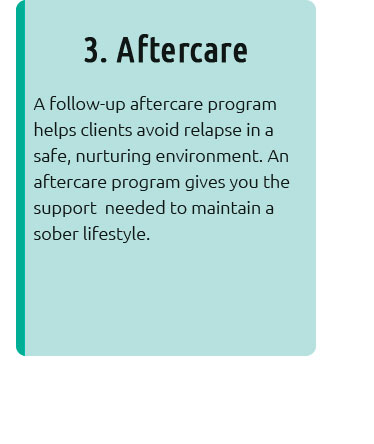 |
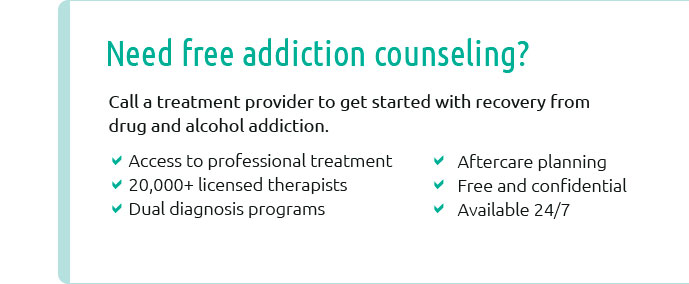 |
 |
 |
 |
||
 |
||
 |
||
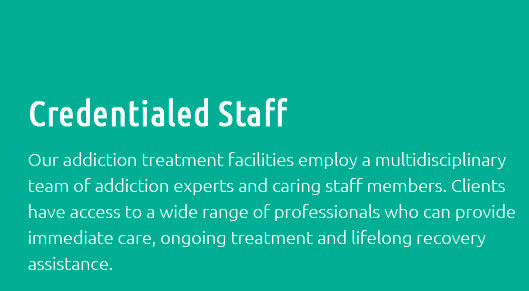 |
 |
 |
|
 |
|
Understanding Opioid Rehab Programs: Frequently Asked QuestionsOpioid addiction is a complex and challenging issue that affects countless individuals and families. Understanding the intricacies of rehabilitation programs can be a critical step toward recovery. In this article, we aim to demystify opioid rehab programs by addressing some frequently asked questions, shedding light on what these programs entail, and why they are pivotal in the journey to sobriety. What are opioid rehab programs? At their core, opioid rehab programs are structured treatment plans designed to help individuals overcome opioid addiction. These programs typically combine a variety of therapeutic approaches, including medical treatment, psychological counseling, and support groups, to address the multifaceted nature of addiction. The ultimate goal is not just to cease drug use but to foster a sustainable lifestyle change. How do these programs work? Generally, rehab programs are divided into different phases. Initially, many individuals undergo detoxification, a medically supervised process that safely manages withdrawal symptoms. Following detox, patients often engage in individual and group therapy, which provides a platform for exploring the underlying causes of addiction and developing coping strategies. Moreover, programs may offer aftercare services to support long-term recovery and prevent relapse. Are all opioid rehab programs the same? Not at all. Rehab programs can vary significantly in terms of their approach, duration, and setting. Some are inpatient, requiring individuals to reside at the facility for the duration of treatment, while others are outpatient, allowing individuals to attend therapy sessions while living at home. Each type has its advantages, and the choice often depends on the severity of the addiction and personal circumstances. Do these programs guarantee success? While no program can promise guaranteed success, many individuals achieve long-term recovery through rehab. Success often depends on several factors, including the individual's commitment, the quality of the program, and the presence of a strong support network. It is important to view rehab as a critical component of a broader recovery journey. Why is it crucial to seek professional help? Overcoming opioid addiction is rarely a straightforward path, and professional rehab programs offer the expertise and support necessary to navigate this complex process. Attempting to quit opioids without professional help can be dangerous due to severe withdrawal symptoms and the high potential for relapse. Rehab programs provide a safe environment and a comprehensive approach to recovery. In conclusion, understanding the role and function of opioid rehab programs is essential for anyone affected by opioid addiction. By addressing common questions and misconceptions, we hope to offer clarity and encourage individuals to seek the help they need. Remember, recovery is possible, and taking the first step toward a rehab program can be a life-changing decision. https://www.cms.gov/medicare/payment/opioid-treatment-program
Opioid Treatment Programs (OTPs) provide medications for opioid use disorder (MOUD). OTPs must be certified by SAMHSA and accredited by an independent, SAMHSA- ... https://thephoenixrc.com/
If you're suffering from addiction or mental illness, the premier Utah drug rehab and mental health center, The Phoenix, is here to help. https://www.hazeldenbettyford.org/rehab-treatment/heroin-opioid-addiction-program
Opioid addiction treatment involves compassionate, consistent, respectful, research-backed rehabilitation and mental health programs.
|